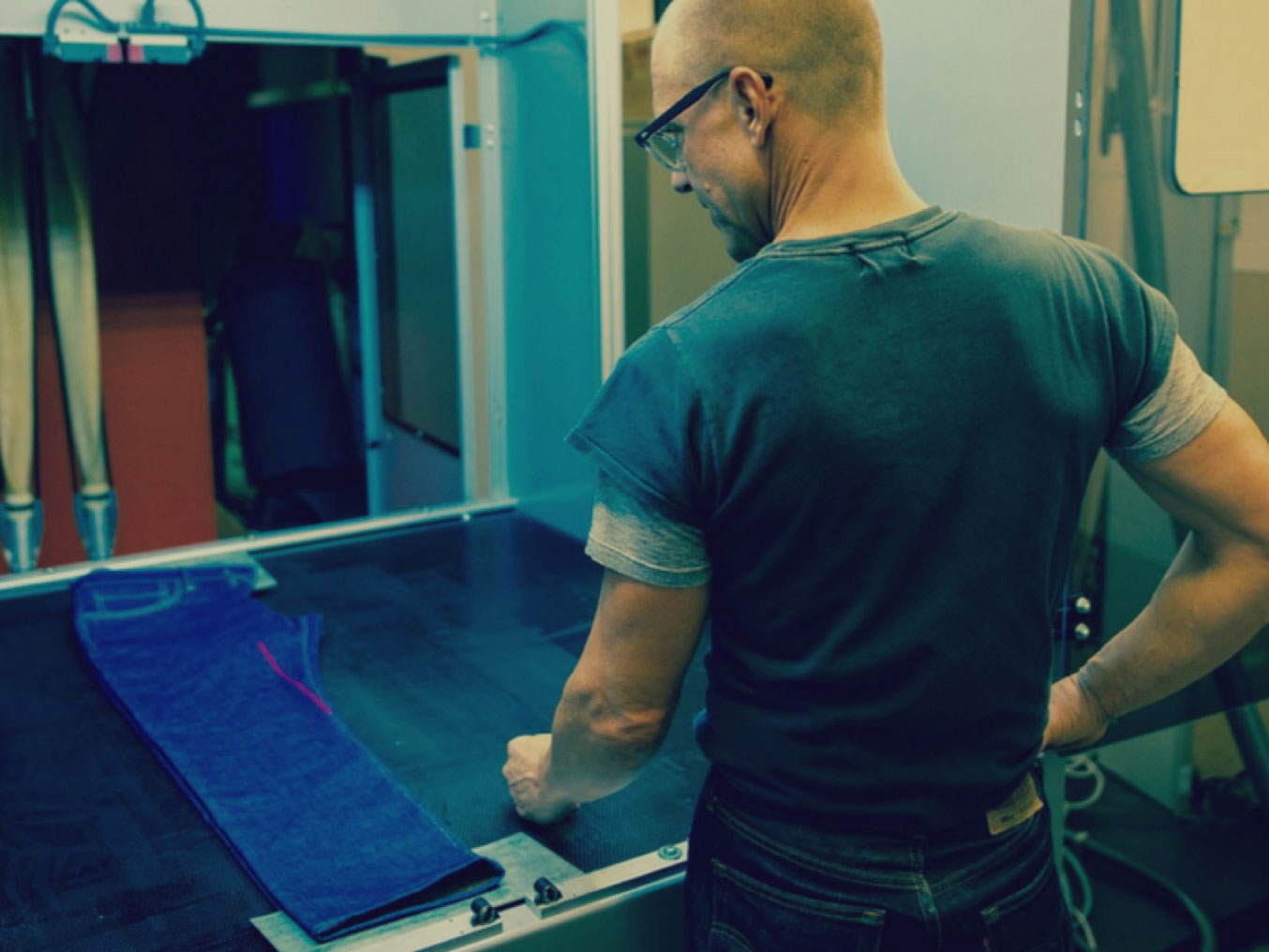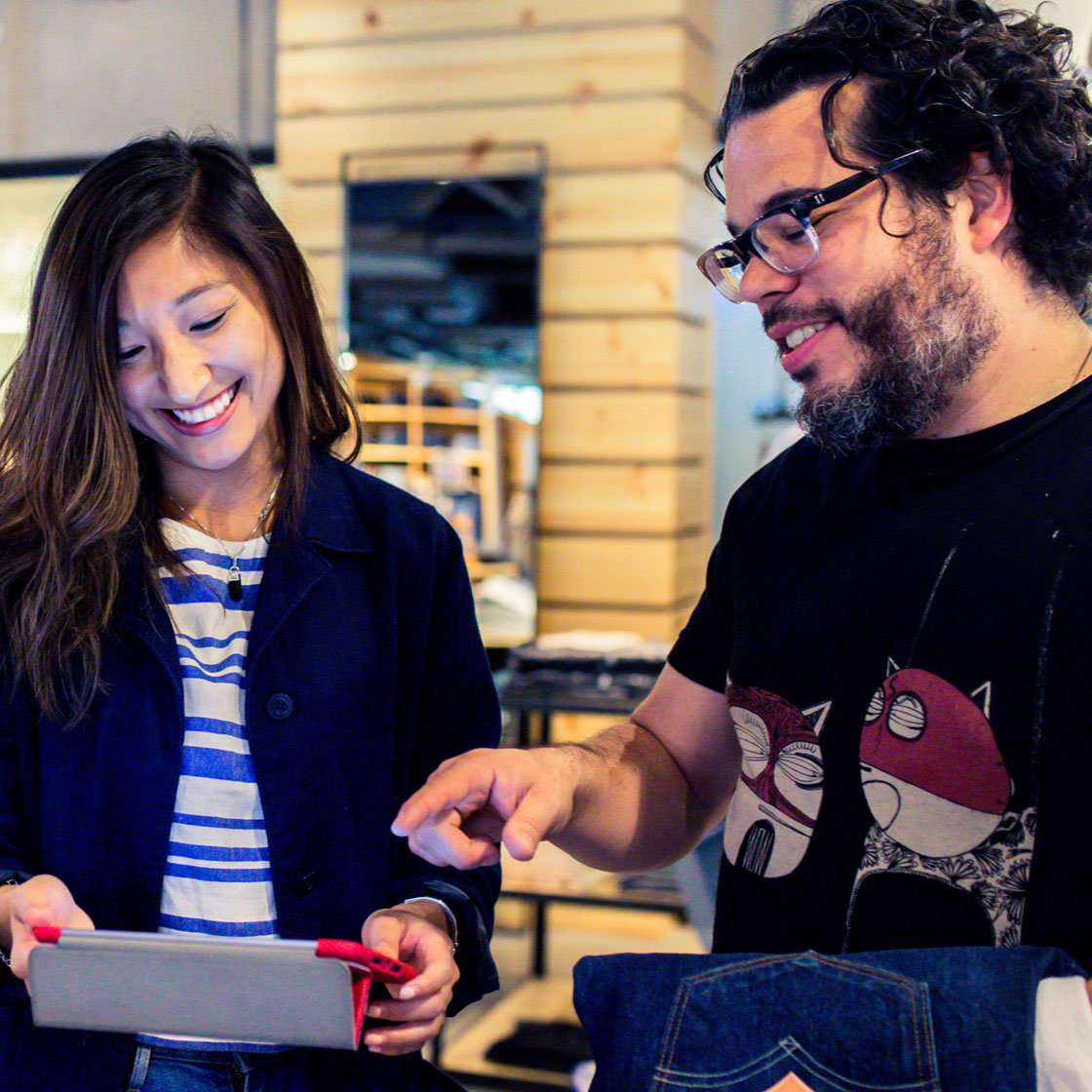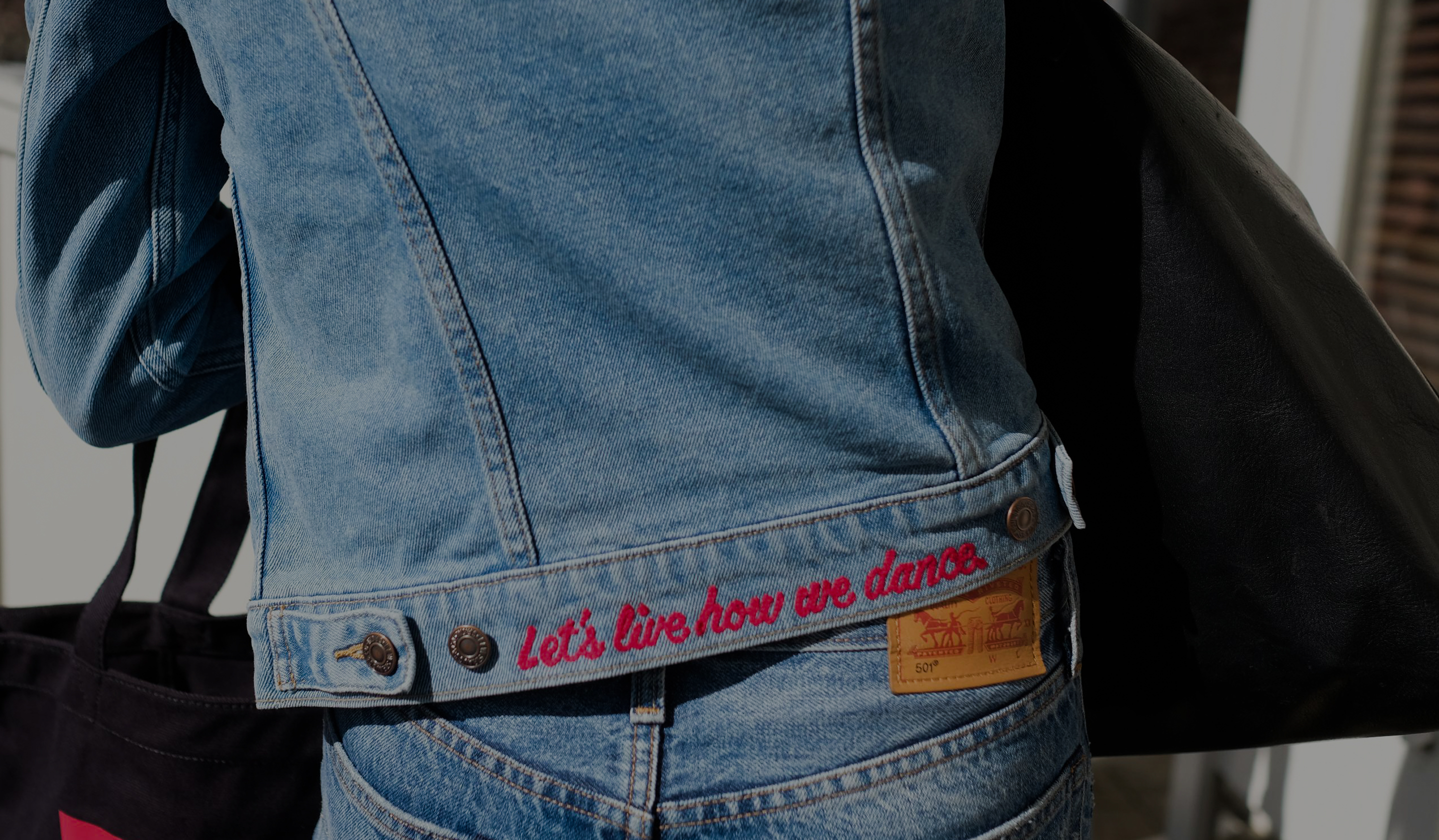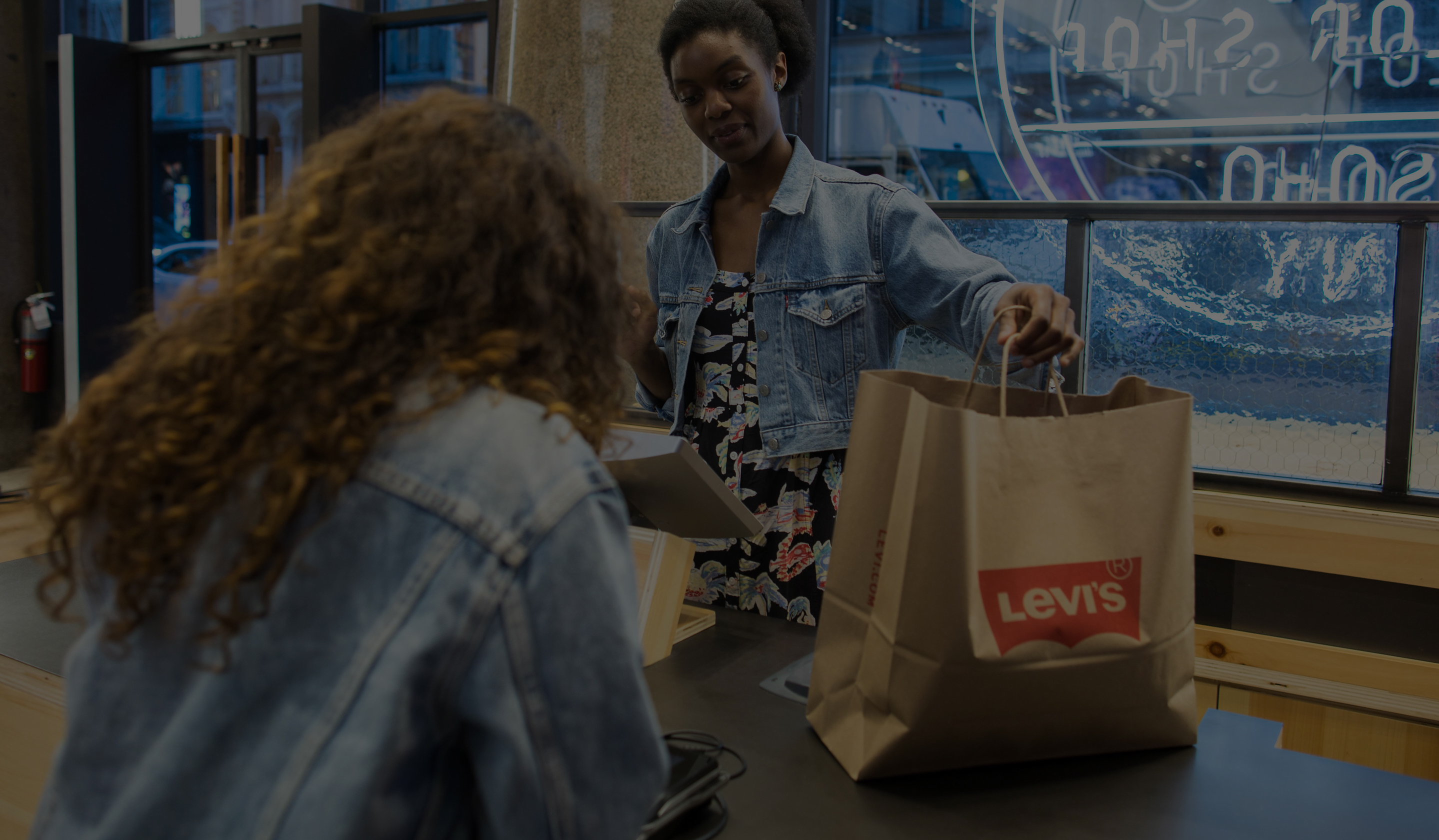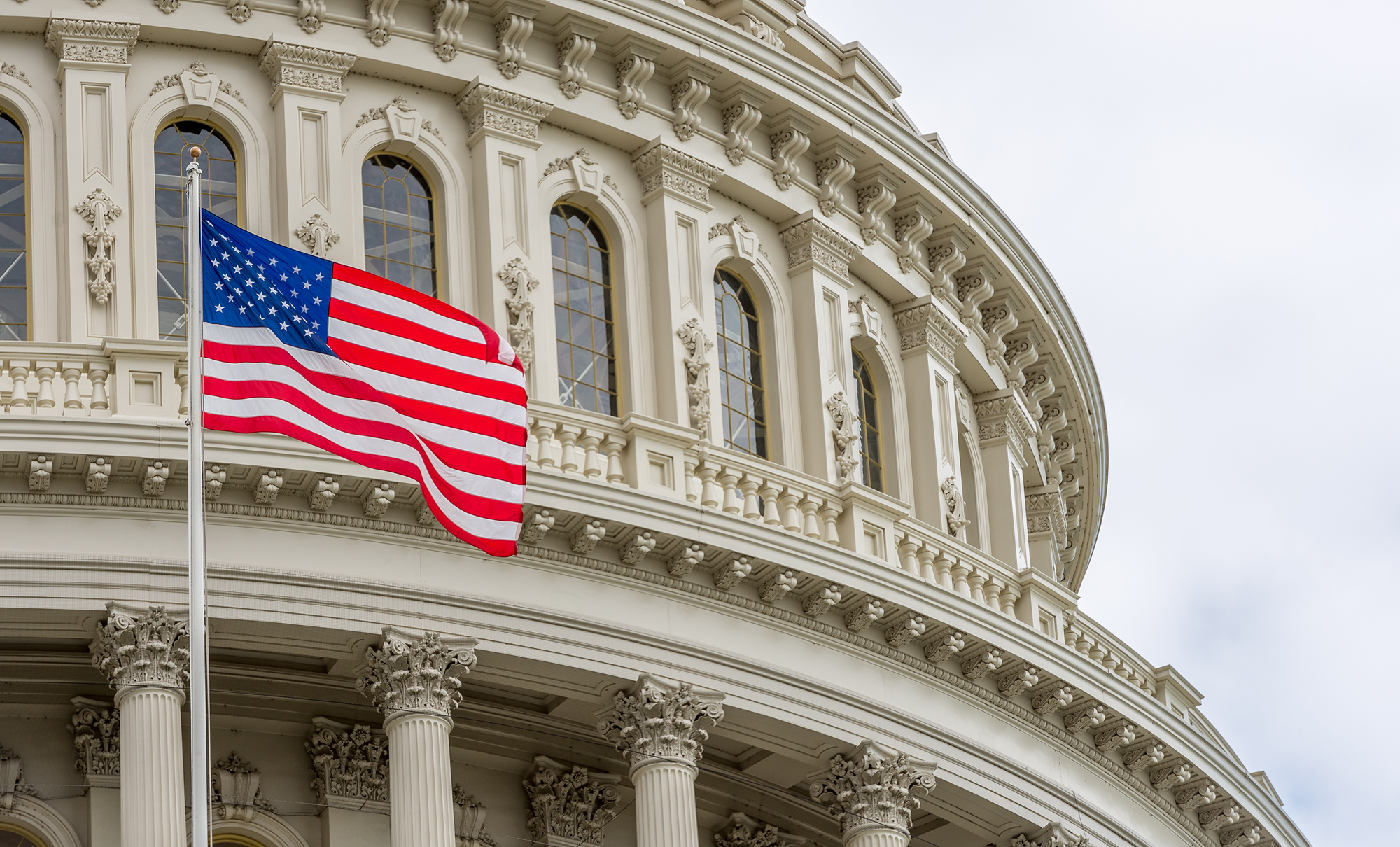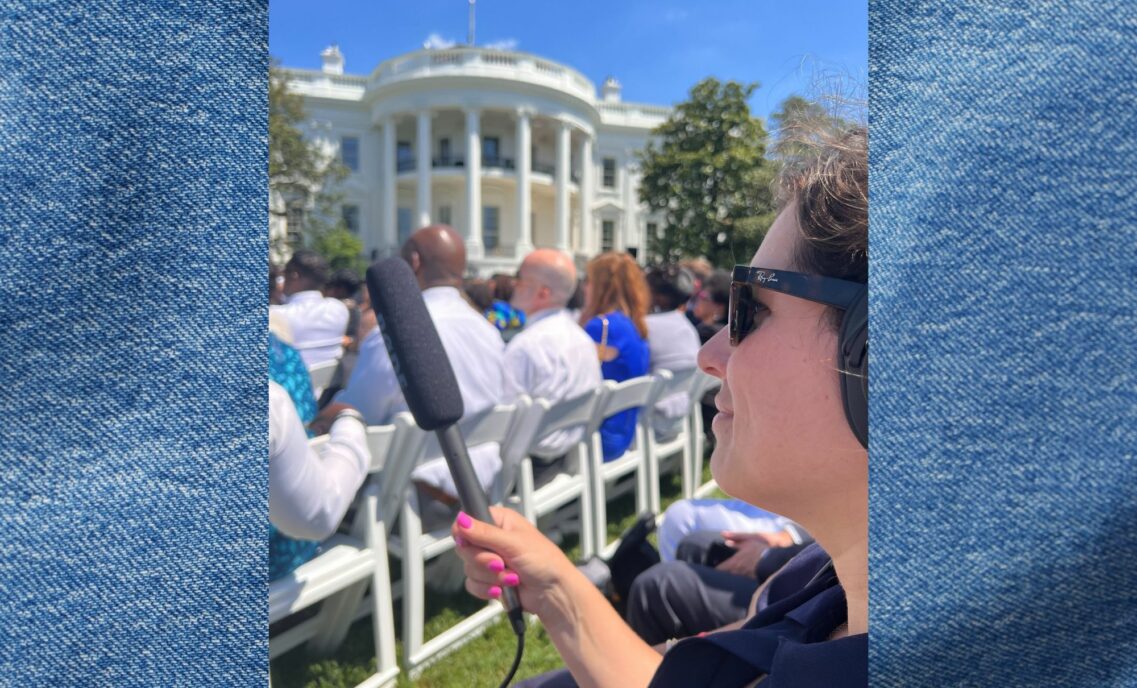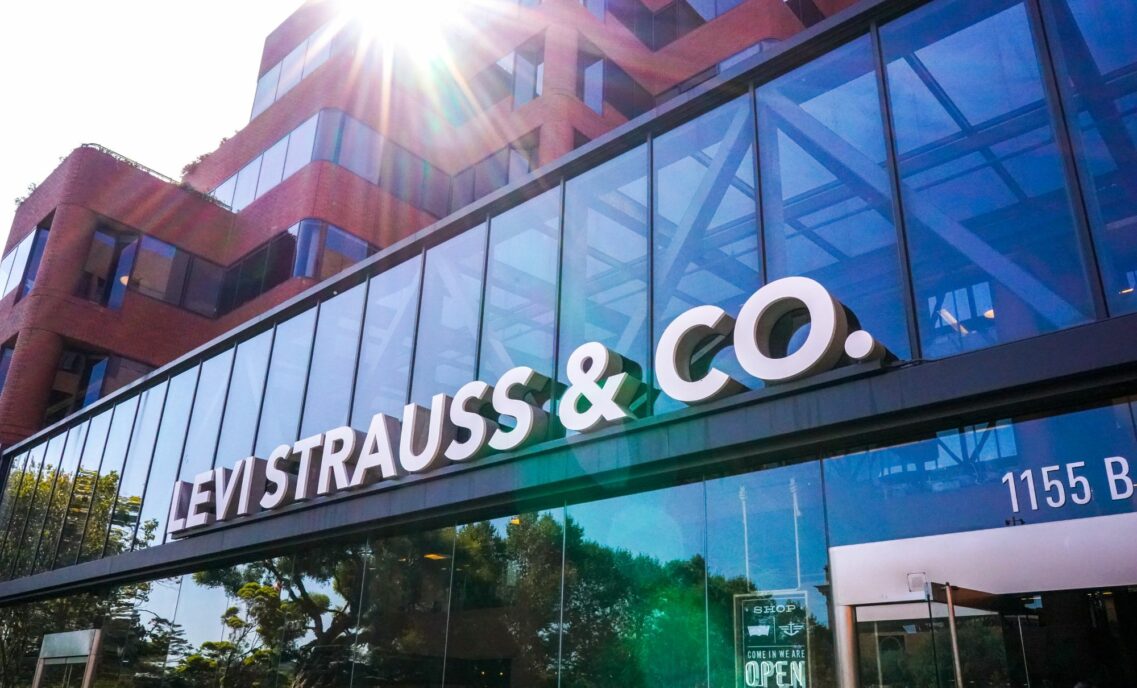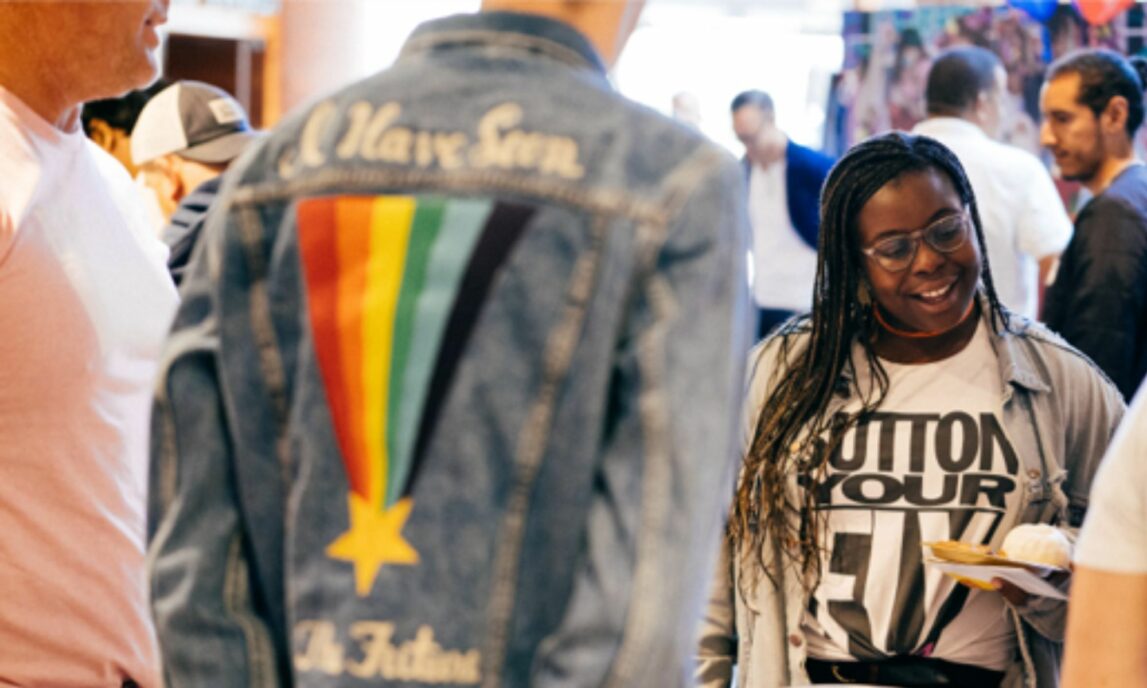January 8, 2021
In a message today shared with employees, our CEO and President Chip Bergh shared his thoughts on building a stronger and more inclusive democracy.
This week’s events were both shocking and historic. Like many of you, I watched with horror on Wednesday as a mob rushed and ransacked the United States Capitol in an effort to disrupt the certification of the November election and violently subvert the will of nearly 160 million lawful voters. I was mad and sad at the same time as I watched the foundation of democracy, and the Capitol building itself, under siege.
It was the first time the Capitol was breached since 1814. It was the first time the Confederate Flag has ever been waved inside the Capitol’s halls. At least five people have died. We’ve all seen the images. This was an attack on America, an act of sedition or treason. It was a dark day that will go down in history: the day insurrectionists slashed at our democracy, the very fabric of our nation.
But this was a historic week for another, much more positive reason. Tuesday’s Senate runoff election in Georgia ended with upset victories for Raphael Warnock and Jon Ossoff. Warnock will be the first Black senator in Georgia. Ossoff will be the state’s first Jewish senator. The election results were the outcome of massive voter turnout following a herculean get-out-the-vote drive. More than 4.4 million Georgians voted in the runoffs; an estimated 800,000 were registered just this cycle. Many of those registered were minorities in urban areas — the same voters whose ballots the President and other politicians repeatedly tried to have thrown out before, and even after, Wednesday’s violence. Warnock, Ossoff and newly elected members on both sides of the aisle are now part of the most diverse Congress in our nation’s history.
If the Georgia runoff demonstrated the strength of our democracy, the Capitol riots highlighted how very fragile it remains. This week, we witnessed the very best and the very worst of America. But that’s normal. Because every day, everywhere you look, there are struggles between what America is and what America can be. Senator Warnock is a pastor at Ebenezer Baptist Church in Atlanta, where Martin Luther King Jr. preached. The election results came not six months after the death of Georgia congressman John Lewis, a towering civil-rights activist who was viciously beaten by Alabama state troopers in 1965 as he led hundreds of nonviolent Black Americans marching for the right to vote. This election we saw patriots met by mobs as they counted ballots, and millions of Americans brave a pandemic and wait in line for hours to cast their votes. And as I watched the men and women looting the Capitol, I thought of peaceful Black Lives Matter protesters met with tanks, rubber bullets and tear gas as they marched to assert their humanity. The marginalized among us have always been told their voices count less, if they count at all.
This is why our commitment to our values and to supporting our communities and democracy matters, and why I’m so proud to count every single one of you as colleagues. We pushed to register and educate citizens ahead of the U.S. General Election; we pushed for Americans to exercise their sacred, fundamental right. We must keep pushing, just as we must keep pushing to fix inequities both in our communities and in our company. This work is necessary — not because our democracy is strong, but because it’s fragile.
This week’s events have shown us that progress isn’t easy, safe or linear. But progress is possible. And that’s why, even in the face of terror, violence and uncertainty, we all must strive to leave our democracy stronger and more inclusive than we found it. We all must lift up the voiceless. And we all must continue to fight for freedom and equality until everyone has a say in our collective destiny. Only then will America be the country it has the potential to be.


